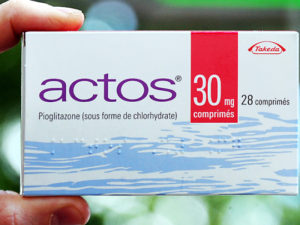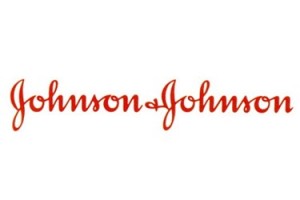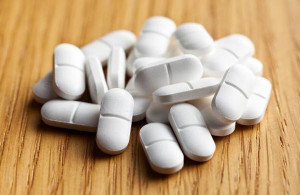Data from the Center for Safety and Applied Nutrition’s Adverse Event Reporting System can be useful in litigation and beyond.
Thanks to a new service, consumers might be little bit safer. The Food and Drug Administration (FDA) recently announced that the Center for Safety and Applied Nutrition’s Adverse Event Reporting System (CAERS) database will be made public. The CAERS is a database that includes reports about harm and product complaints submitted to the FDA.
The new database can be accessed by consumers, researchers, industry pros and attorneys. The boon helps individuals learn more about products and their potential or previous harm to individuals.
Perhaps more importantly, industry professionals now have access to data with transparency. The co-founder of Center for Science in the Public Interest in Washington, a group that monitors concerns about food safety, Michael Jacobson sees this as a victory.
“If somebody, like a poison-control center, has concerns, they can go and see if there happen to be some reports,” Jacobson said told Bloomberg.
Lawyers and companies, will find this information particularly useful. Some of the information can help with litigation. The information will certainly be mined by parties who could use reports to file lawsuits against manufacturers or retailers.
The CAERS data will help the FDA and other experts monitor and study trends in “adverse event reports” that could signal a genuine safety issue with a product.
FDA provides raw data extracted from the CAERS database. The files include data from January 2004 through March 2016, including:
- demographic and administrative information and the CAERS report ID number;
- product information from the case reports;
- symptom information from the reports;
- patient outcome information from the reports.
For those who may have experienced any type of adverse effects from food, drugs, or cosmetics, further evidence to support your claim might be available for you through the CAERS data.
See if the Medical Claim Legal team can help you along the way.








